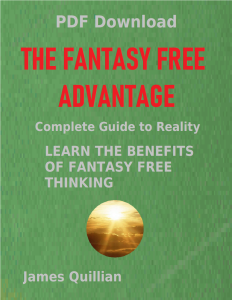Supposed you owned a bakery and a man from the government came by and and told you that from now on the government was going to cover the cost of inventory for you and all of the bakers in the country. All you had to do is make the bread and pastries and pay other normal costs of doing business. Your profits would sky rocket. In a short time, you might begin to believe that it was good for the rest of the country to get free flour from the government. But, in fact the country would produce far too many baked goods which would be a big misallocation of the country’s resources.
Money is the inventory that banks carry. In a free market setting, banks have to buy their inventory by paying people enough interest to encourage them to save. In the US today, banks get from the government what is very close to free money. Government gives banks their inventory for very close to nothing. Far more money is in circulation than is necessary for conducting the country’s business. Excess money flows into the financial sector causing bubbles in first one asset class and then another. Excess money also finances government initiatives such as that of enhancing stock prices. Great effort goes toward convincing you the taxpayer that it is good for everyone if government covers the major cost banks have in doing business. What looks like well meaning central economic planning comes down to taking money out of your pockets and sending it in the direction of others who you have been trained to perceive as your role models. Most new welfare is in the form just described and is that says out of your radar. Free money to banks is actually a greater burden on you than more visible expenditures where benefits are direct, such as welfare and food stamps.
Views: 1

